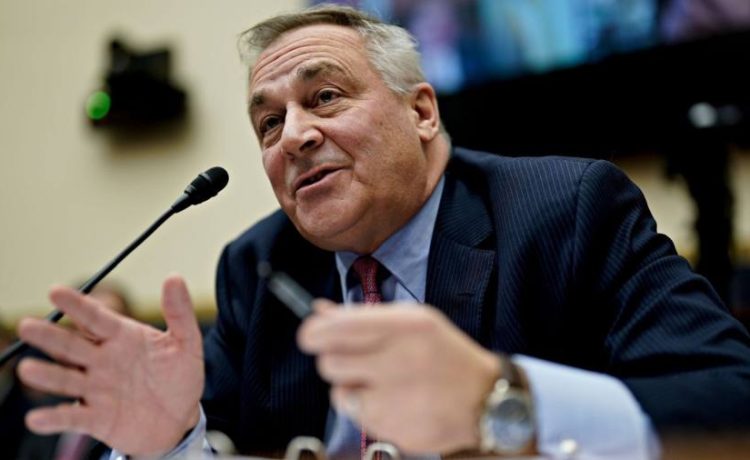Many of the biggest names in the cryptocurrency market still dodge basic questions about their businesses even as investors step up their scrutiny of the industry, according to a survey by the Financial Times.
Transparency on safeguarding customer assets and corporate governance arrangements have shot up the agenda after a number of failures and regulatory lawsuits focused on conflicts of interest and business practices.
Over recent months Binance, the world’s biggest exchange, has been accused by a US financial regulator of operating illegally in the country and hiding its links to China. Meanwhile, the collapse of FTX last year exposed the exchange’s close links with Sam Bankman-Fried’s Alameda Research trading arm.
The high-profile cases have raised questions about whether some companies meet minimum consumer protection standards, and over the quality of due diligence undertaken by a host of big private equity names that have invested in crypto companies.
The UK markets regulator has rejected 85 per cent of 265 applications made to join its crypto asset regime over the past three years, highlighting the scattershot compliance procedures across the industry.
The FT asked 21 of the most prominent crypto companies about their governance and handling of customer assets. Eight declined to share any basic information, such as where they are headquartered, while others provided partial answers.
“It’s a fundamental fear of sharing information,” said James Newman, co-founder at perfORM Due Diligence Services, a group that checks the backgrounds of private businesses in crypto, venture capital and real estate.
“When we are commissioned to review a crypto exchange or custodian, often the first thing they do is throw a non-disclosure agreement at you . . . It can be so limiting that you can’t do the work you’ve been contracted to do without one,” he said.
The Financial Times approached the following companies:
Cryptocurrency exchanges: Binance, Coinbase, Kraken, KuCoin, Bitstamp, Bitfinex, OKX, Bybit, Gemini, Huobi, Crypto.com and Coincheck. Together they represent the largest crypto exchanges in the world.
Genesis and B2C2, trading desks for professional investors; crypto lender BlockFi; digital wallet and trading service Abra; market maker Wintermute; venture capital fund DCG; Jump — the crypto arm of Chicago-based Jump Trading; Amber Group, a trading and lending platform; and stablecoin provider Tether.
And asked the following questions:
-
Where are you headquartered and who is your primary regulator?
-
Do you have a board of directors? Who are the members? Which are independent directors?
-
Who is your chief financial officer and who is your chief compliance officer?
-
Who is your auditor? What is the most recent year for which you have audited financials? Which entity was audited?
-
How many employees do you have?
-
Are client assets held in segregated accounts?
-
Do you lend client assets or use them as collateral for loans?
-
For exchanges: do you conduct any trading or market making activities? Do you or your top executives own or have common ownership/control with any trading or market making firms?
-
Do you match liabilities to clients with the same asset one for one?
-
Do you segregate your trading and custody activities?
-
Do you have your own coin/native token? What per cent of assets is it?
A full breakdown of the disclosures from each company is available here.
Data and visual journalism by Federica Cocco







